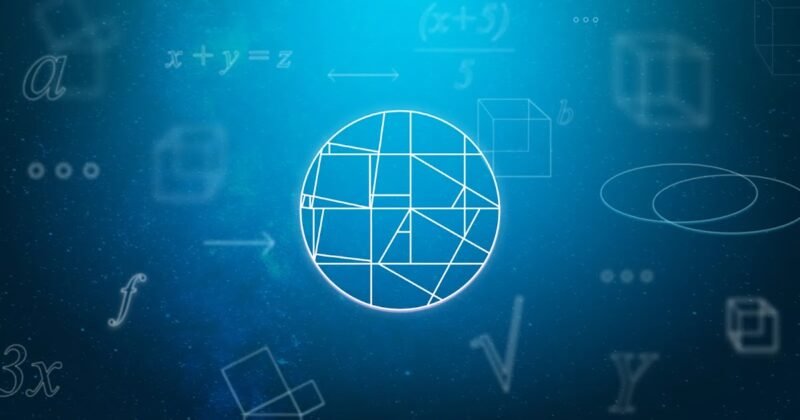Quick Takeaways
-
Collaborative Development: AlphaProof and AlphaGeometry 2 were developed by a diverse team of experts, including notable figures such as Thomas Hubert and Thang Luong, with significant contributions from over 50 individuals across various fields.
-
Advisory Structure: The project was guided by key advisors including David Silver, Quoc Le, and Demis Hassabis, ensuring a strong leadership framework and strategic direction.
-
Support from Organizations: The International Mathematical Olympiad organization and various contributors from Lean and Mathlib played critical roles in providing resources and evaluating the advancements of the language reasoning systems.
- Quality Assurance and Contribution: A dedicated team evaluated the quality of the language reasoning system, highlighting the project’s emphasis on thorough testing and community collaboration to enhance performance and reliability.
AI Achieves Silver-Medal Standard in Solving International Mathematical Olympiad Problems
In a groundbreaking achievement, artificial intelligence has reached a silver-medal standard by solving problems from the International Mathematical Olympiad (IMO). Researchers designed the AI systems, named AlphaProof and AlphaGeometry 2, to tackle challenging mathematical questions. These systems not only demonstrate significant progress but also highlight the potential of AI in education and research.
Developed by a team led by Thomas Hubert, Rishi Mehta, and Laurent Sartran, AlphaProof uses advanced techniques to understand and solve complex mathematical problems. Meanwhile, AlphaGeometry 2 focuses on geometric reasoning, expanding the AI’s capabilities.
The development team also included numerous contributors, such as Hussain Masoom, Aja Huang, and Miklós Z. Horváth. Their collaborative efforts underscore the importance of teamwork in technological advancements. Notably, experts in language reasoning, like Golnaz Ghiasi and Garrett Bingham, played a crucial role in enhancing the AI’s communicative abilities.
This milestone comes after extensive evaluations by professionals and students alike. Their feedback ensures the AI’s accuracy and reliability. The support of the International Mathematical Olympiad organization also facilitated this achievement, allowing researchers to test their systems against real-world challenges.
As AI continues to advance, its implications for learning and problem-solving are profound. The ability to solve IMO problems indicates that AI can assist students and educators alike. Furthermore, this development opens doors for future AI research in various fields, including mathematics, computer science, and education.
Researchers praised the project’s guidance from prominent figures like David Silver and Pushmeet Kohli. Their leadership helped steer the initiative toward success.
Overall, this achievement marks a significant step in the integration of AI into academic disciplines. With continued innovation, AI holds the promise of transforming how we approach learning and understanding complex concepts.
Expand Your Tech Knowledge
Learn how the Internet of Things (IoT) is transforming everyday life.
Discover archived knowledge and digital history on the Internet Archive.
SciV1

